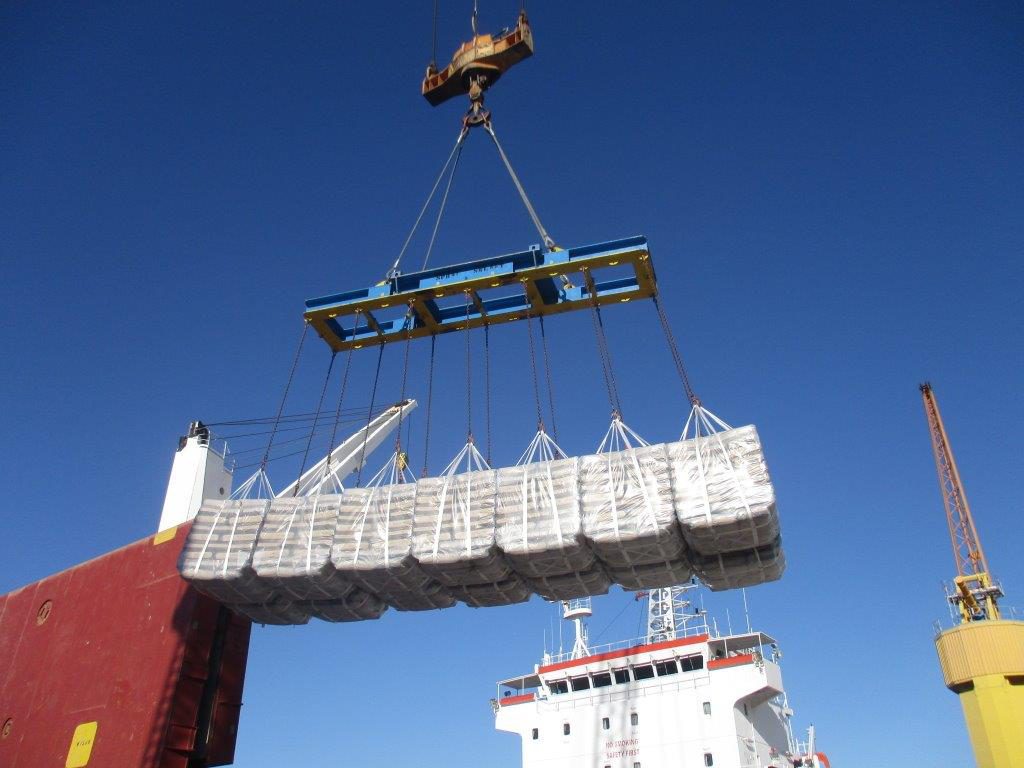Trends 2017: “Risk Minimisation and Speed” To Dominate
1st December 2016

Speed remains the top issue in logistics, global trade, and supply chain management: Three out of four industry experts consider shorter lead times and time to delivery their top priorities for 2017. That is one of the findings of a study conducted by software company AEB and the University DHBW in Stuttgart (Germany) which surveyed 330 logistics and global trade experts. Titled “Global Trade Management Agenda 2017”, the study can be downloaded free of charge at www.aeb.com/gtm-study.
Minimising supply chain risks is another top issue. Some two-thirds of those surveyed (65%) consider the topic to be very important. The majority of logistics and global trade experts feel that their companies are well equipped in this area as well – only 42% see a need for improvement or major shortcomings.
Implementing changes to customs laws remains an important or very important challenge in 2017 for 61.6% of respondents. What’s most interesting here is that the Brexit vote did not produce any change regarding the assessment, nor did it heighten the perceived importance of this issue compared with the previous year’s study. The British referendum took place during the survey period, and most respondents completed the questionnaire after the results of the vote were known. “It was not yet clear at the time, however, how foreign trade relations between the EU and UK would be managed and what impact the Brexit vote would have,” explains Dr. Ulrich Lison, Portfolio Manager and Member of the Executive Board at AEB who conducted the study jointly with Prof. Dr. Hartel.
The greatest need for improvement in global trade management is seen in talent management – the recruitment, training, and development of employees. The self-diagnosis here is quite critical, with half of respondents reporting that their own companies come up short in this area. But while this topic ranked fourth in importance in last year’s survey, it fell to eighth place this year. Only some 47% of participants consider talent management to be an important or very important topic in 2017. “The problem of shortage of skilled labour is much less pressing for smaller companies and for very large enterprises, according to our study,” says Dr. Lison. “The former frequently only need very few new employees, the latter typically have an image advantage as attractive employers, possibly leaving them less affected by the shortage of skilled labour.”
The study “Global Trade Management Agenda 2017 – Apps in global trade and logistics, and the top priorities in global supply chain management” is based on a cross-industry survey of 330 experts from the fields of logistics, global trade, and supply chain management. The participants work in companies of various sizes in different countries. Some 67% of respondents hold leadership positions as the head of a company, department, team, or project.

